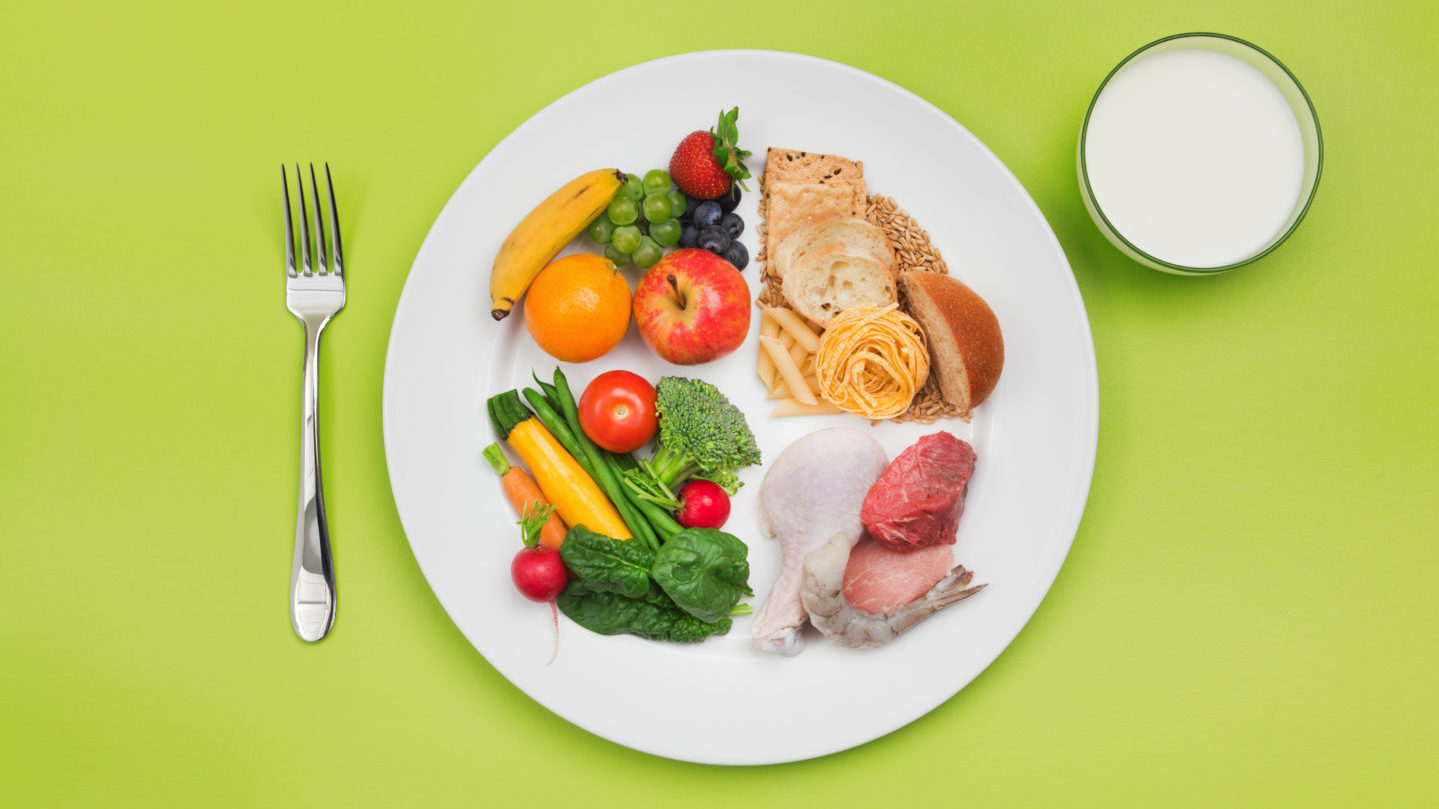
Women who increase their daily protein intake by 25 grams have a 14% lower risk of hip fracture, and underweight women may derive even more benefit, according to a new study.
In a prospective study, food scientists at the University of Leeds in the UK conducted an observational analysis of more than 26,000 women to identify associations between factors in diet and health. For women who were underweight, they found that a 25g-per-day increase in protein reduced their hip fracture risk by 45%.
Proteins are fundamental to keeping cells, tissues and muscles and bone health and working properly, the researchers noted. People who are underweight may have reduced bone mineral density and muscle mass, and increasing the intake of protein may help them to build or restore bone and muscle health, they wrote.
Additional dietary protein can come from any form, said researcher James Webster, PhD. Potential sources include meat, dairy or eggs, and beans, nuts or legumes. For example, three to four eggs equal 25g of protein, as would a steak or piece of salmon, he said.
Surprise finding
In an additional, unexpected result, regular coffee and tea drinking also were associated with reduced odds of hip fracture, the researchers reported. Every additional cup of tea or coffee study participants drank per day was linked with a 4% reduction in risk. Tea and coffee are high in biologically active compounds that may increase bone-building activity, the authors wrote.
Diet is a modifiable factor that people can use to protect themselves by maintaining healthy bones and muscles, Webster noted.
“The results highlight which aspects of diet may be useful tools in reducing hip fracture risk in women, with evidence of links between higher protein, tea and coffee intakes and a reduced risk,” he said in a statement.
Calculating RDA for protein
The recommended dietary allowance for adults aged 50 years and older is 0.8 grams of protein per kilogram of body weight. The RDA for individuals can be calculated by multiplying body weight in pounds by 0.36. An adult who weighs 130 pounds requires approximately 47 grams of protein per day, for example.
An RDA calculator for healthcare professionals can be found at the US Department of Agriculture’s website.
Related articles:
Inadequate protein in diet increasing frailty risk for many, study finds
Dietary protein often too high in seniors with kidney disease, nephrologists say
Higher-protein diet helps older women cut frailty risk, remain strong: study




